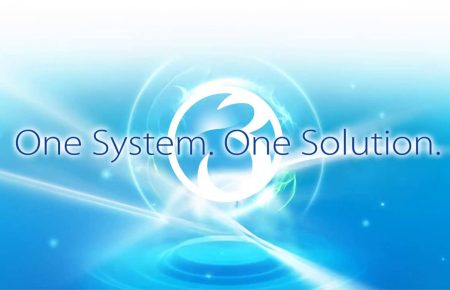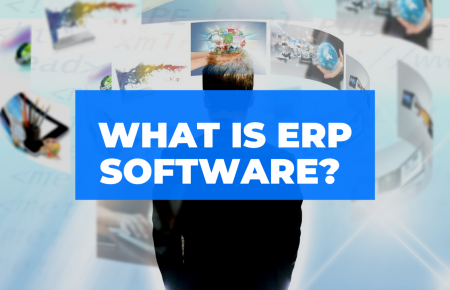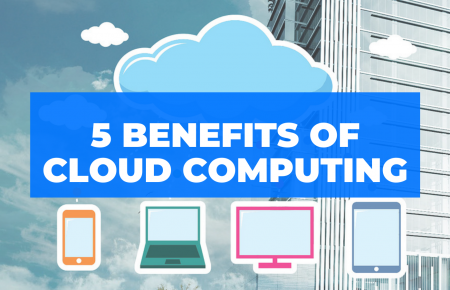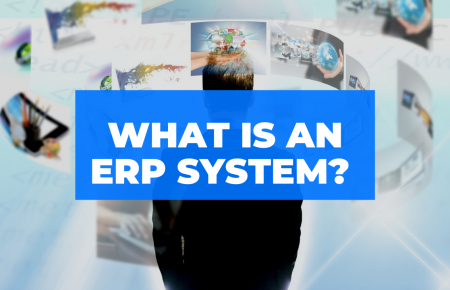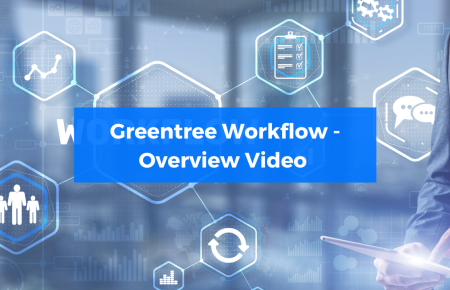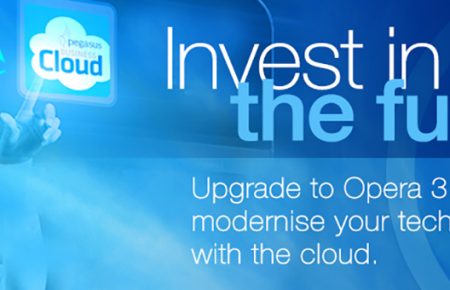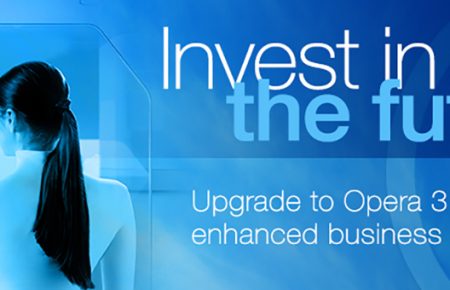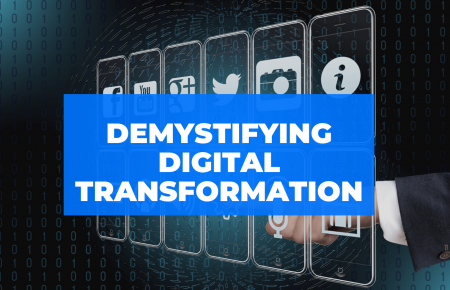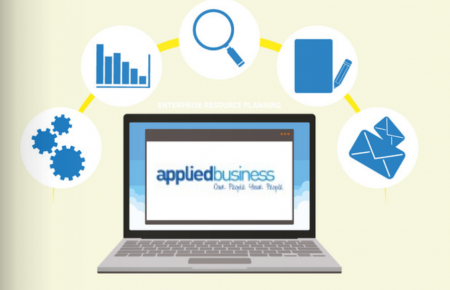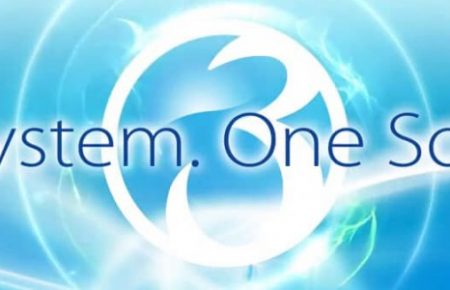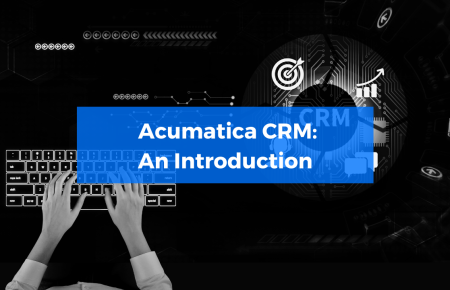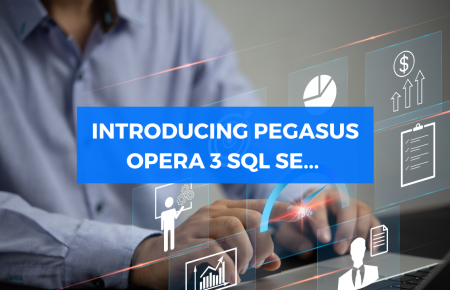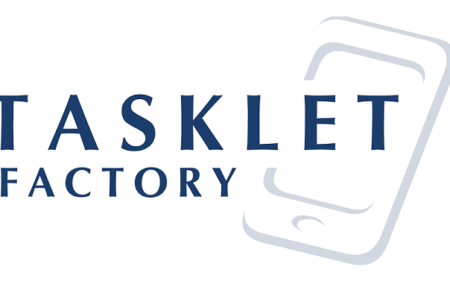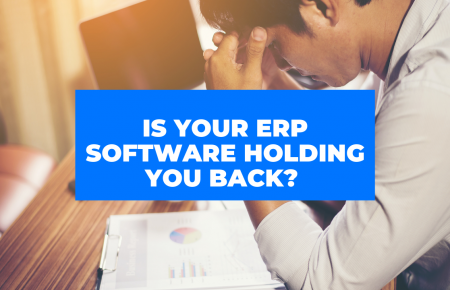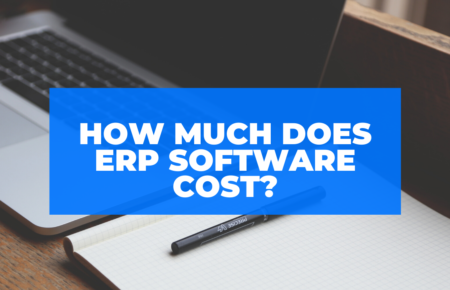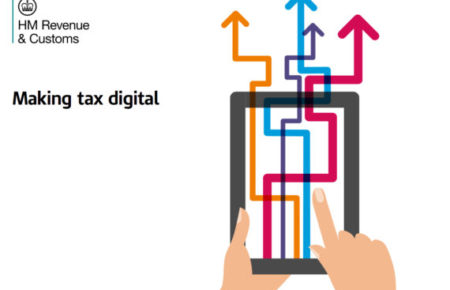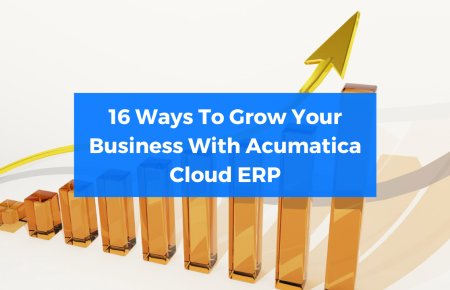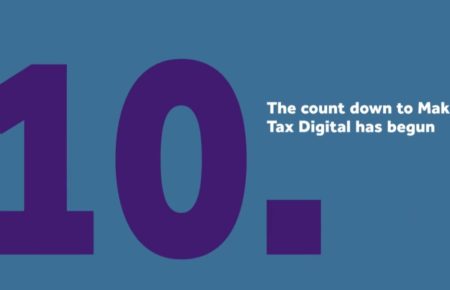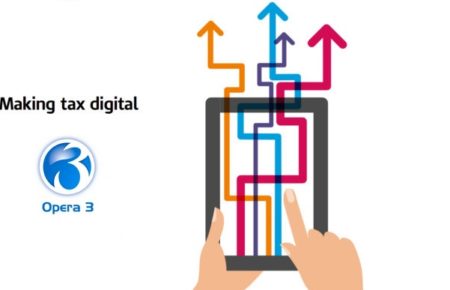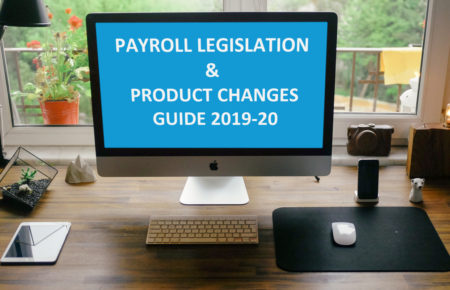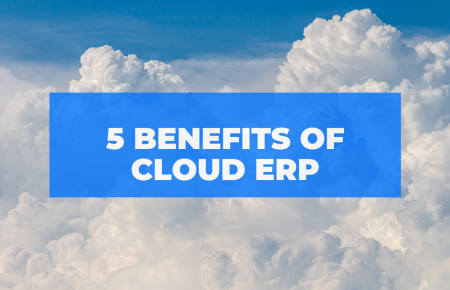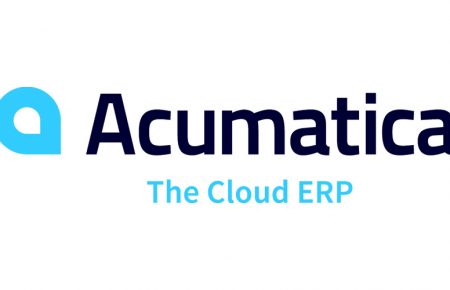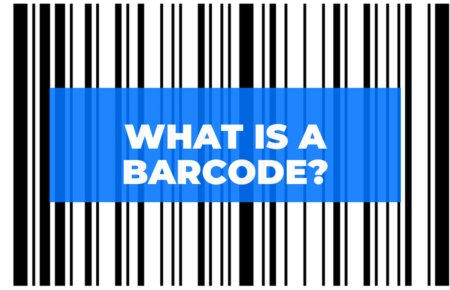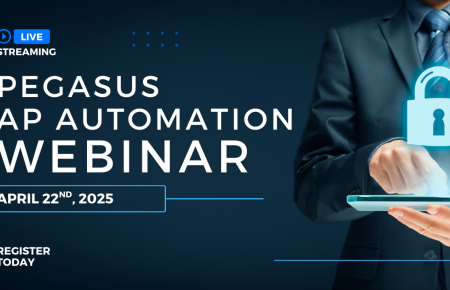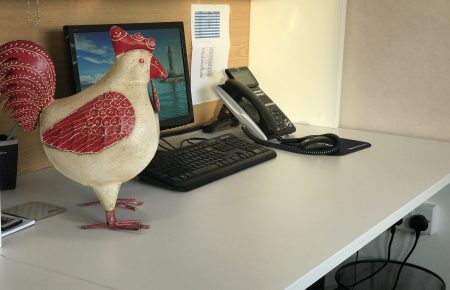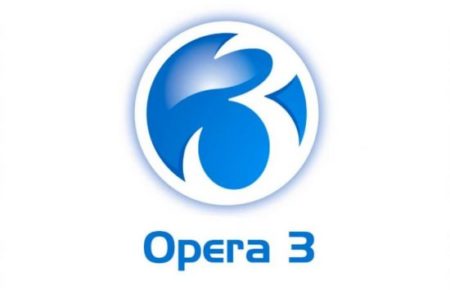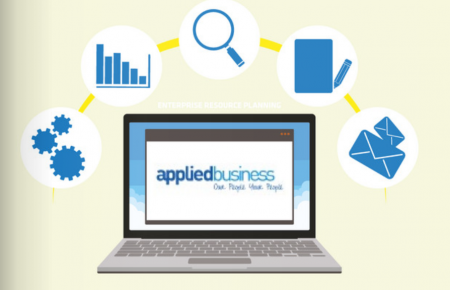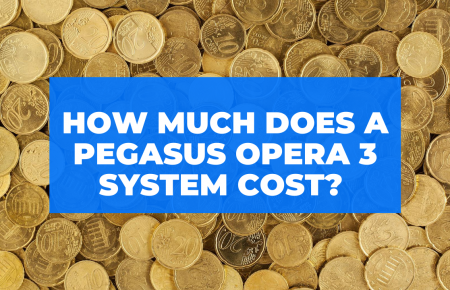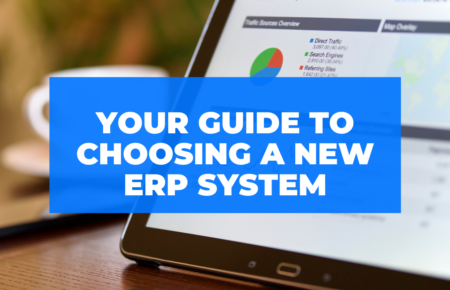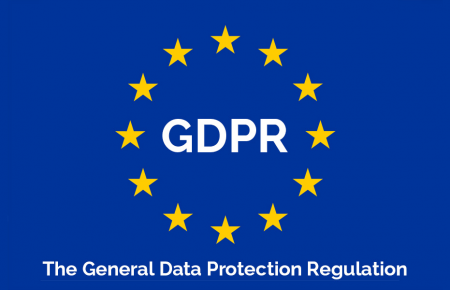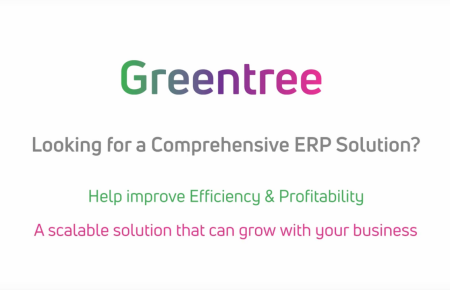3 Signs you should change your ERP system
Of course, you don’t WANT to change your ERP…
Let’s be honest, nobody wakes up one day and says, “Today would be a great day to change our ERP software!”. In reality, it’s a protracted physiological war of attrition between putting up with your current system’s limitations, frustrations and compromises until the proverbial straw breaks the camel’s back and the decision is made to change your ERP system.
So, what are the tell-tale signs that determine when it’s time for a new ERP solution?
At Applied Business we meet with many business owners and executives who have decided that it’s time to change their incumbent ERP system. Their decision to act is seldom the result of a single point of pain. More often it’s a combination of factors and a perception that their systems are:
- Inhibiting potential growth and development
- Impacting operating efficiency
- Increasing overhead costs
Indeed, it’s the pivot point at which the pain threshold of sticking with the ‘status quo’ exceeds the perceived cost and disruption of implementing a new ERP system.
Unless your business has undergone a seismic transitional event or significant change of scale, then there are typically three main catalysts to change the ERP system:
- Supplier relationship and trust has irreconcilably broken down
- Operating inefficiency is taking its toll
- Lack of timely management information
1. Supplier Relationship and Trust
When confidence and trust breaks down between you and your incumbent ERP supplier it’s often the slippery slope to a divorce.
We frequently hear from our clients that their ERP software was working well, but they had just lost confidence in their ERP consultants or supplier. It is common for feedback from clients to reveal that they felt ‘unloved’, ‘ignored’ or ‘taken for granted’ which in-turn led them to pursue a new ERP partner.
Another important factor is how contemporary and up-to-date the ERP software remains. Clients often sight a reason for changing ERP systems being that their solution is no longer compliant with statutory legislation. Take the relatively recent introduction of HMRC’s Making Tax Digital for VAT as an example. One may understandably expect this to be implemented as standard functionality in most ERP solutions. Alas, often this isn’t the case, much to the surprise of many a disgruntled manager.
Lastly, as previously mentioned, nobody relishes the thought of changing their ERP solution. As a result, many businesses continue using their legacy systems way past their ‘best before date’. Some even push their luck and continue using their systems after the official ‘end of life’ notice is a distant memory.
While this approach may sound striking, it isn’t a major problem, providing everyone understands the risks they’re taking. Eventually though, the divergence of technologies ultimately means the software will not work on the newest platforms. As an example, we’ve actually had clients who continued to use their legacy DOS based accounting software until eventually the software would not run on the 64-bit version of Windows or computers!
These kinds of limitations can quickly incentivise a business to consider a change of ERP software.
2. Operating Inefficiency
Inefficiency is one of those attritional factors that over time contribute to clients deciding to change their ERP systems.
Some problems caused by inefficient working practices include:
In many organisations, business IT systems have evolved because of departmental requirements rather than because of a strategic business approach. For example, Sales and Marketing may have invested in their preferred CRM solution. Meanwhile, Finance have acquired a different application to meet their needs. So too, have Production, Distribution and Customer Services. This results in independent ‘silos’ of information often including common data in each separate silo or application. For instance, the Marketing department’s CRM will contain important customer information. So will the Finance application, the Customer Services’ app, and so on. Over time these records fall out of sync with each other. This leads to multiple versions of ‘the truth’ and an increase in administrative mistakes.
It is also incredibly inefficient to waste time re-keying the same information across all departments. Take this real world story as an example:
After visiting one of our clients, we established that – upon receipt of a sales order – the same information was being re-keyed six times during their ‘order to invoice’ process. Six times! Their business was crying out to either integrate their separate IT systems or replace them entirely with a unified ERP solution.
Possibly the most serious symptom of inefficiency occurs when a business becomes totally reliant on the key people within it. I’ve witnessed businesses suffer crises because a key member of staff cannot come to work far too often.
For instance, I vividly remember a client being seriously caught out when their transport manager suffered an unexpected heart-attack. He was unable to work for months and the business struggled as a result. It simply couldn’t cope with his absence because no other employee knew what, when or how he did what he did. This person had been in situ for many years yet there was no documentation to refer to for his replacement. There was no system driven business process to follow. Why? Because it was all knowledge and experience he carried in his head.
An integrated ERP system will instil consistent proven business processes. These will be familiar to several employees so that there is cover over periods of holiday and sickness.
3. Lack of timely Management Information
Management information is required by the leadership team across all work centres and departments, and at all levels within an organisation. This information should always be contextual and insightful. It should promote timely decision-making and optimal utilisation of resources.
Many clients are driven to changing their ERP system because they have:
- Limited access to real-time operational information
- Only have access to retrospective management information and reports
- Difficultly meeting period end reporting deadlines
These days we all take for granted our ability to instantly communicate with co-workers and business associates across the globe. We become impatient when we don’t receive answers to emails and texts within minutes, if not seconds. In truth, most ERP systems have fallen behind these expectations that we have in rest of our lives. Often times, they do not proactively communicate with us as we might expect.
Surely in this age of ‘Siri’, ‘Cortana’, ‘Alexa’ and ‘Google’ it is reasonable to expect a “BOT” to leap into action and tell us what specifically needs our focus and attention.
Unfortunately, to be successful in our roles it still depends on us keeping all the proverbial ‘plates spinning’ and ‘balls in the air’. Too often our legacy reporting options are retrospective paper-based reports that we must analyse and digested before we can make decisions.
Some ERP systems adopt an “Operational Intelligence (OI)” strategic approach. Operational Intelligence is the real-time monitoring and alerting of relevant business information to promote more efficient utilisation of resources and more timely decision-making. OI utilises Business Process Management (BPM) combined with powerful rules-based engines to drive information to the user via desktop views and dashboards. This empowers us to see what needs our attention before it happens rather than having to react retrospectively.
Finally, businesses who are part of a group of companies often have complex and contrasting reporting requirements. They must report to their internal management team as well as to the group finance team which is often achieved outside the ERP system using off-line spreadsheets. This is needlessly labour-intensive and overly time-consuming.
As we have demonstrated, there are many tell-tale factors that can indicate that it’s time to change your ERP system. They are different for each company, so be sure to evaluate each one thoroughly.
Applied Business are accredited partners of ERP Software providers, Pegasus Opera and Greentree ERP.
Contact Us: Call +44(0)1767 677071 or email sales@appliedbusiness.co.uk for more information.
Related Posts:
- How Much Does ERP Software Cost?
- 4 Benefits of On-Premise ERP
- 5 Benefits Of Cloud ERP
- Free Step-By-Step Guide To Choosing An ERP System
Any Questions? Get In Touch!



